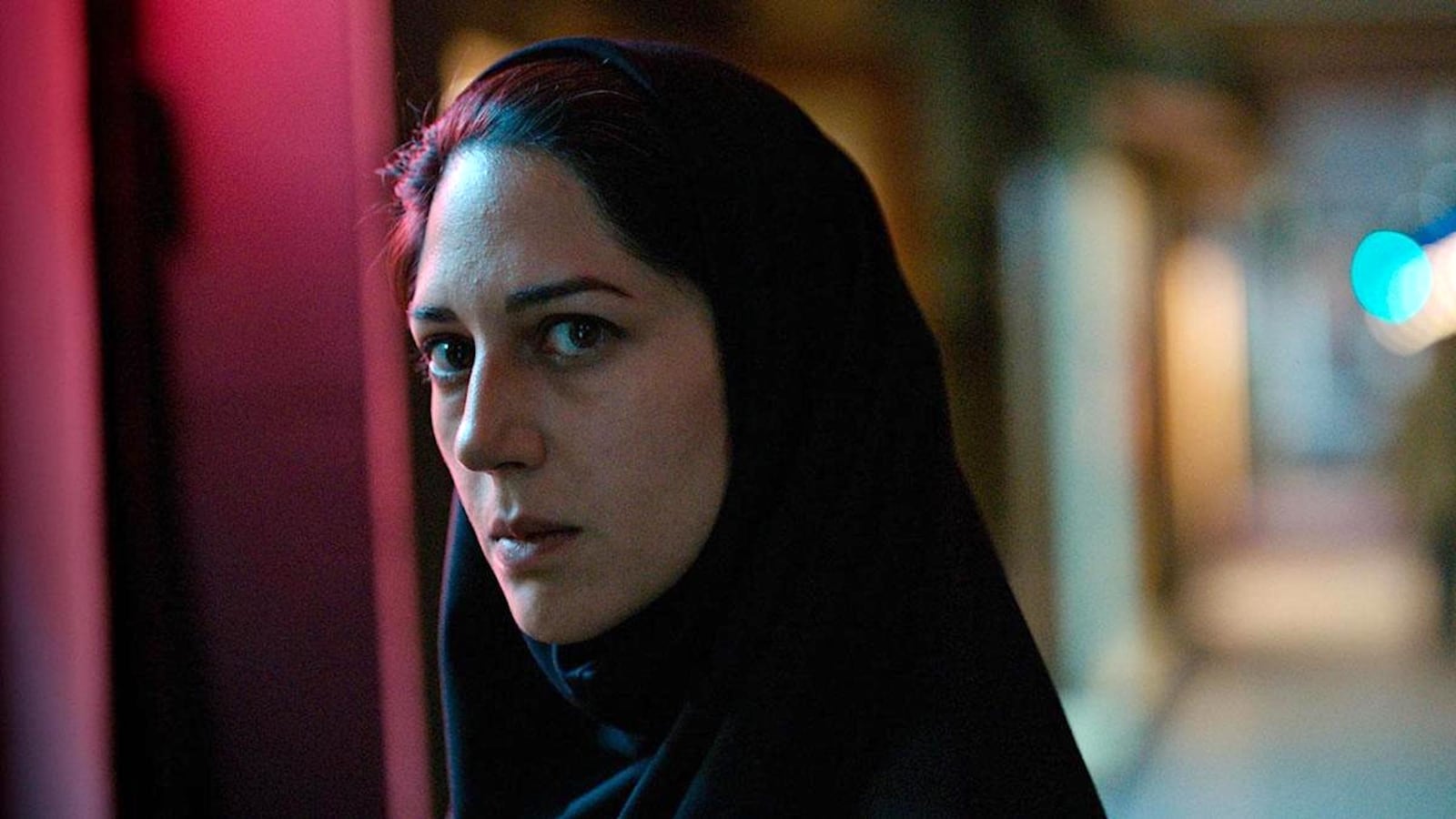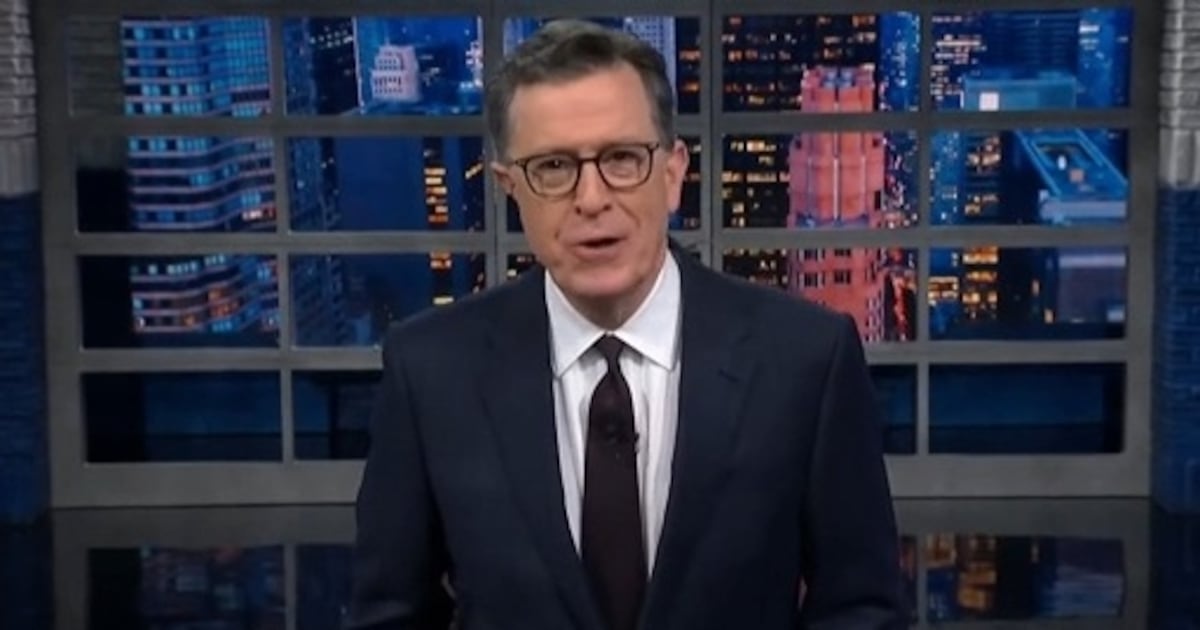A serial killer roams the streets at night, picking off desperate prostituted women, many of whom are hooked on crack, and strangles them to death in his home. A young female journalist, who is (naturally) feisty and emotionally invested in the case, sets about tracking down the murderer, who has become known as the Spider Killer: their destinies seem set on a collision course.
That isn’t the synopsis of a moderately successful ‘90s thriller starring Ashley Judd, released in the wake of Se7en, but instead the plot of Holy Spider, by the Danish director of Iranian origin Ali Abbasi (Border), which on top of its tense procedural stylings attempts to take the temperature of structural misogyny in Iran. That the film can be termed moderately successful in that ambition is entirely down to a third act, which rescues the film by widening out its scope somewhat, and not at all due to the rather disgusting violence and suspense of its murder mystery.
The movie starts promisingly enough with a stylish pre-credits scene following a sex worker as she leaves her child at home in their small apartment and roams the streets looking for drugs and customers. This woman bears all the hallmarks of being the film’s protagonist, and is shot sensitively, with a detailed description of her working life in all its hardships. It therefore comes as a horrific shock when she is brutally murdered by a client, strangled in a stairwell, and the movie shifts its focus to the killer. Almost all of the elements that make Holy Spider such a disquieting watch are contained in this opening: there is a fine, lively portrait of a bustling Iran, anchored in a social-realist tradition; the camera seizes characters up close, giving great dynamism to the film; and finally, there is a burst of sickening violence, filmed in a way that fetishizes this act of misogynistic brutality, played for shock value. The woman is killed at great length, with an overwhelming sound mix, and with the camera picking out details of her death—especially her bulging eyes and reddening skin. It is this focus on granular elements of the murder that tip the film’s eye into fetishism.
From here, Abbasi alternates between scenes depicting the killer, Saeed (Medhi Bajestani), both within his family and as he goes around murdering women, and the audacious young journalist, Rahimi (Zar Amir-Ebrahimi), as she tries to solve the mystery of the killer’s identity. Many of the scenes portraying Rahimi are well-constructed and played, showing a determined, modern woman at odds with a woman-hating society: the cops she must deal with, or the hotel clerks when she arrives in town, are so many encumbrances or even antagonists in her career and personal life. Meanwhile though, Saeed is busy murdering more women. We witness two more killings in the vein of the first, though the third woman murdered by the Spider Killer puts up a bit of a fight, and Abbasi plays with a twisted humor on the idea that, since she is a bigger woman, she will be harder for Saeed to murder (finally, though, she is dispatched as were the others). These scenes set up an element of suspense at odds with the film’s project to mount an inquiry into a grossly unfair, violent society—namely, we gradually see that Rahimi will have no choice but to bait Saeed by posing as a sex worker herself. Will she make it out alive?
If you can countenance a nail-biting thriller being sculpted out of the despair of these characters, and the vicious violence by which they die, then you have a stronger stomach for manipulation than me. It is unconscionable that Holy Spider gleefully enacts the very horrors that it seeks to decry. There is misogyny, too, in the way we are led to hope that the university-educated, no-shit-taking, beautiful Rahimi will get out of her predicament alive, unlike the supine, diseased, drug-addicted prostitutes who didn’t have the wherewithal to defend themselves.
Fortunately, a third act restores a modicum of balance to the story by showing—with horrific deadpan irony—how the affair of the Spider Killer has enflamed the city of Mashhad, and not against him but in his favor. Saeed, in a horrible twist, finds his murders meeting with approbation from many: judges; his wife and son; a local fruit seller—all these people support his vile goal of ridding the world of “depraved” women. This is a nicely turned development, which at least manages to conjure up a new dimension to the film. It could never completely offset the rancid violence of the thriller section, but it does flesh it out. In this segment, there is particular poignancy in the way Abbasi, using a mix of home video and some well-observed scenes in prison, portrays the creeping radicalization of Saeed’s young son as a violent misogynist who may continue his father’s “work.”
Abbasi clearly has an exceptional eye as a filmmaker, because Holy Spider is an overwhelming movie in many regards, conjugating social satire, kitchen-sink realism and tight action sequences; the film’s score honks madly over some exquisite compositions, creating a horribly immersive experience. But Holy Spider’s sickening viewpoint, figuring a disturbingly unreconstructed gender politics and horribly inappropriate shock factor, significantly detracts from any formal qualities the movie may have.







